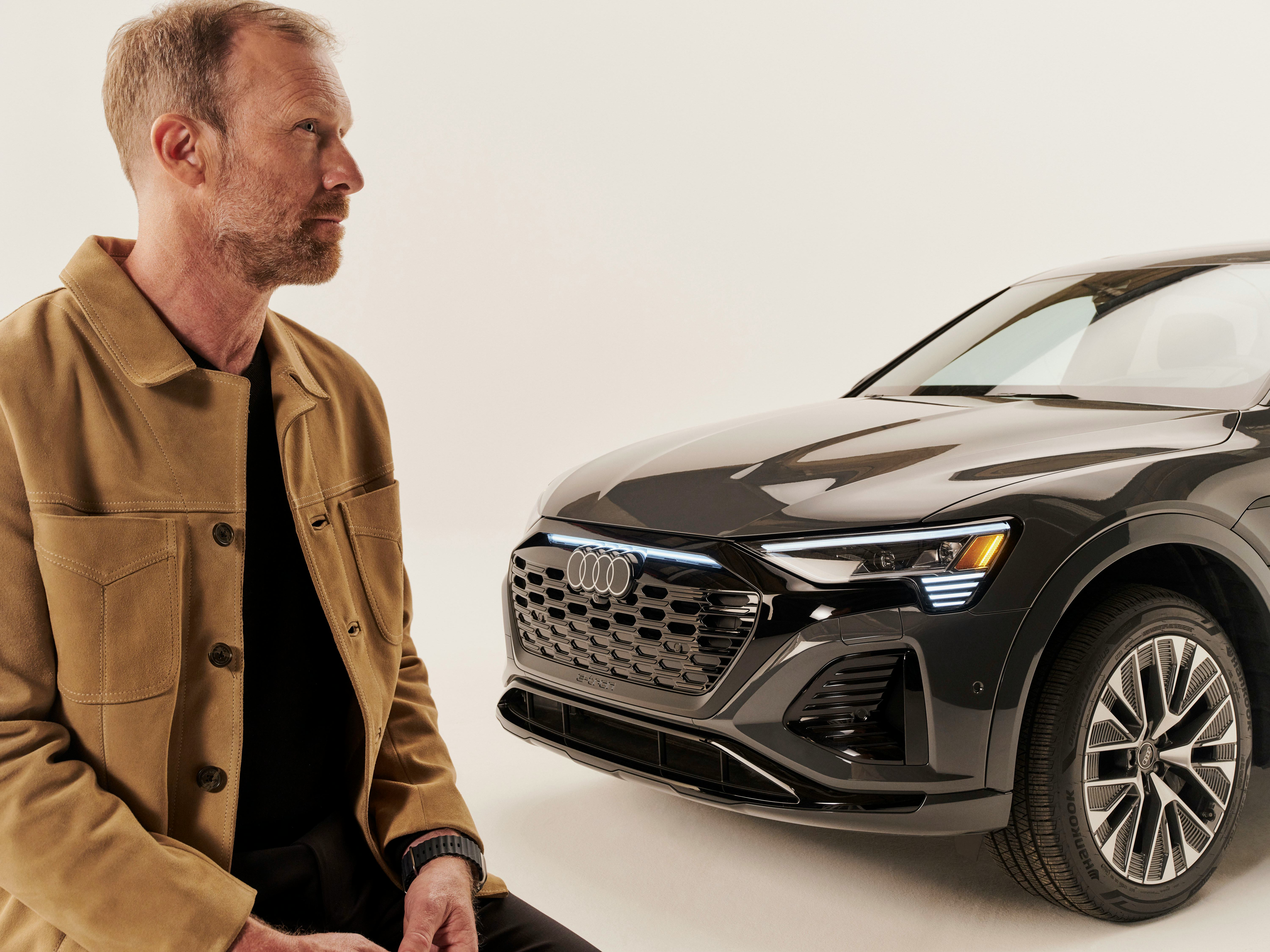
The scientific community is essentially unanimous in its stance on climate change: we are experiencing a global climate crisis, and the time to act is now. As a premium automaker, Audi is a known innovator. Now the company is making bold moves in the electric vehicle space, with a plan to launch its last new internal combustion engine vehicle in early 2026.
It’s an ambitious goal, but a look at Audi’s current lineup and future plans makes it clear they are committed. Since the launch of their first e-tron in 2019, they’ve already expanded the offering to five EV models. By 2025, the company plans to launch 10+ new EV models and model revisions. Starting in 2026, every all-new Audi model introduced globally is planned to be fully electric, and by 2033, Audi aims to fully electrify its entire portfolio. The company’s overarching mission is to be sustainable, inclusive, and ultimately more progressive — not only because this is the expectation of the premium customer, but because it’s the right thing to do.
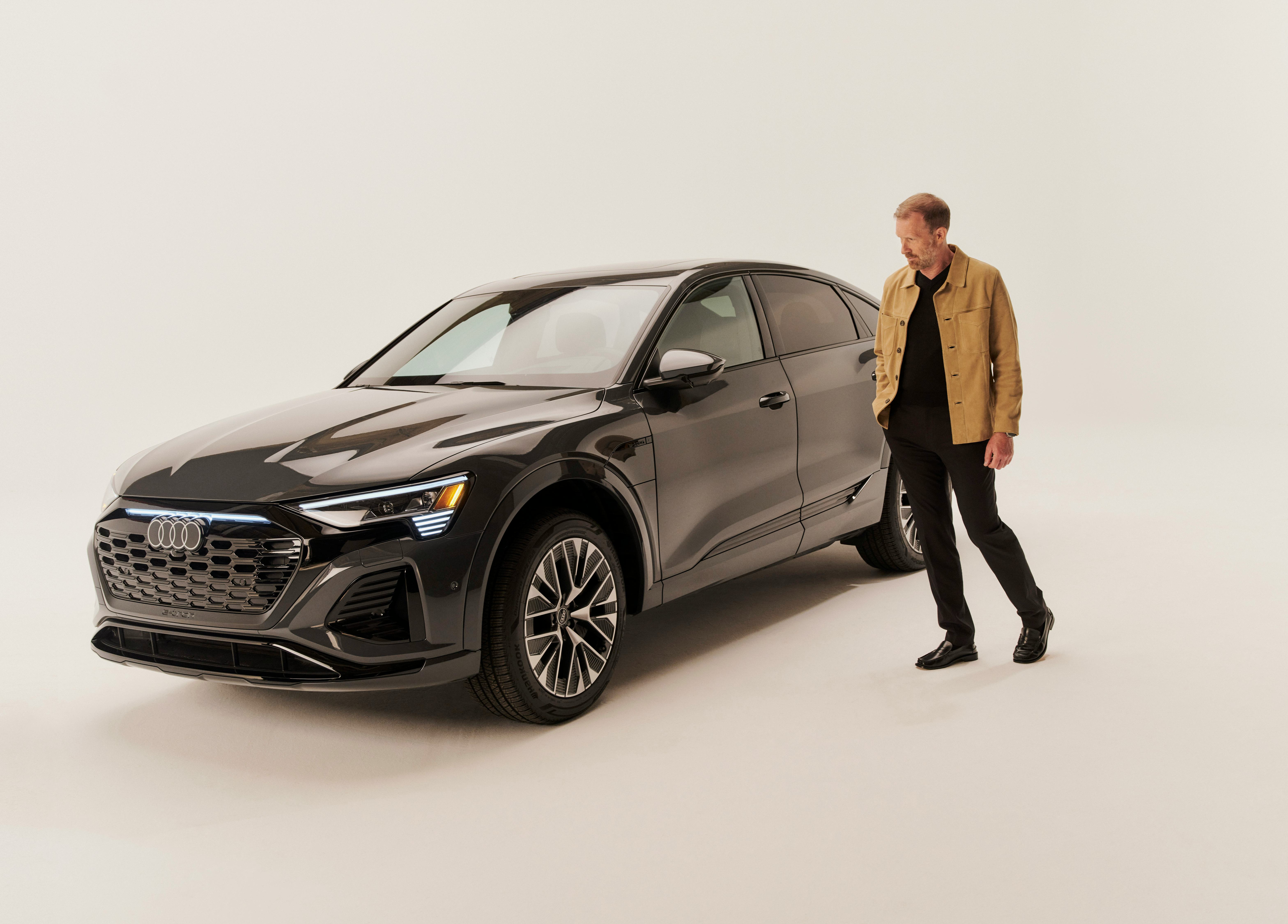
Helping lead sustainability efforts for Audi in the U.S. is climate scientist Spencer Reeder. Reeder has dedicated most of his career to researching, communicating, and fighting the root causes of climate change. He has held roles in the private and public sectors, first at Boeing working on the development of the 777 and 787 airplanes, pivoting to earth science with stints in academia and with the Washington State government, and also leading programs at the philanthropic foundation of the late Microsoft co-founder Paul Allen, an ardent supporter of efforts to combat climate change.

In the mid-2010s, Reeder was at a crossroads. Should he continue his focus on climate change science as a lead author of the U.S. National Climate Assessment, or should he leverage his experience at a company where he could help effect change at a larger scale and thus realize a deeper impact? He chose the latter, making the somewhat surprising decision to join the premium automaker Audi.
“At a certain point, you feel like you're saying some of the same things over and over. The scientific community has been quite unambiguous about what's going on for at least the past decade,” Reeder says. “As transportation is among the leading sources of greenhouse gas emissions, this was an obvious area to explore, but I wasn't sure if there was a legacy car company that was seriously committed to sustainability. Audi, with its scale and global presence, could have a very big impact by being a champion for sustainability and specifically CO2 reduction.”


Reeder spoke with BDG Studios about his role at Audi and how he is responsible for leading the brand’s U.S. public policy voice on zero-emissions vehicles (ZEVs), EV charging infrastructure and associated energy sector issues, in addition to providing overall leadership on Audi’s sustainability strategy and initiatives.
“Audi seemed to me to be the perfect brand to bring electric vehicle technology to the forefront and to show the broader public what was possible.”
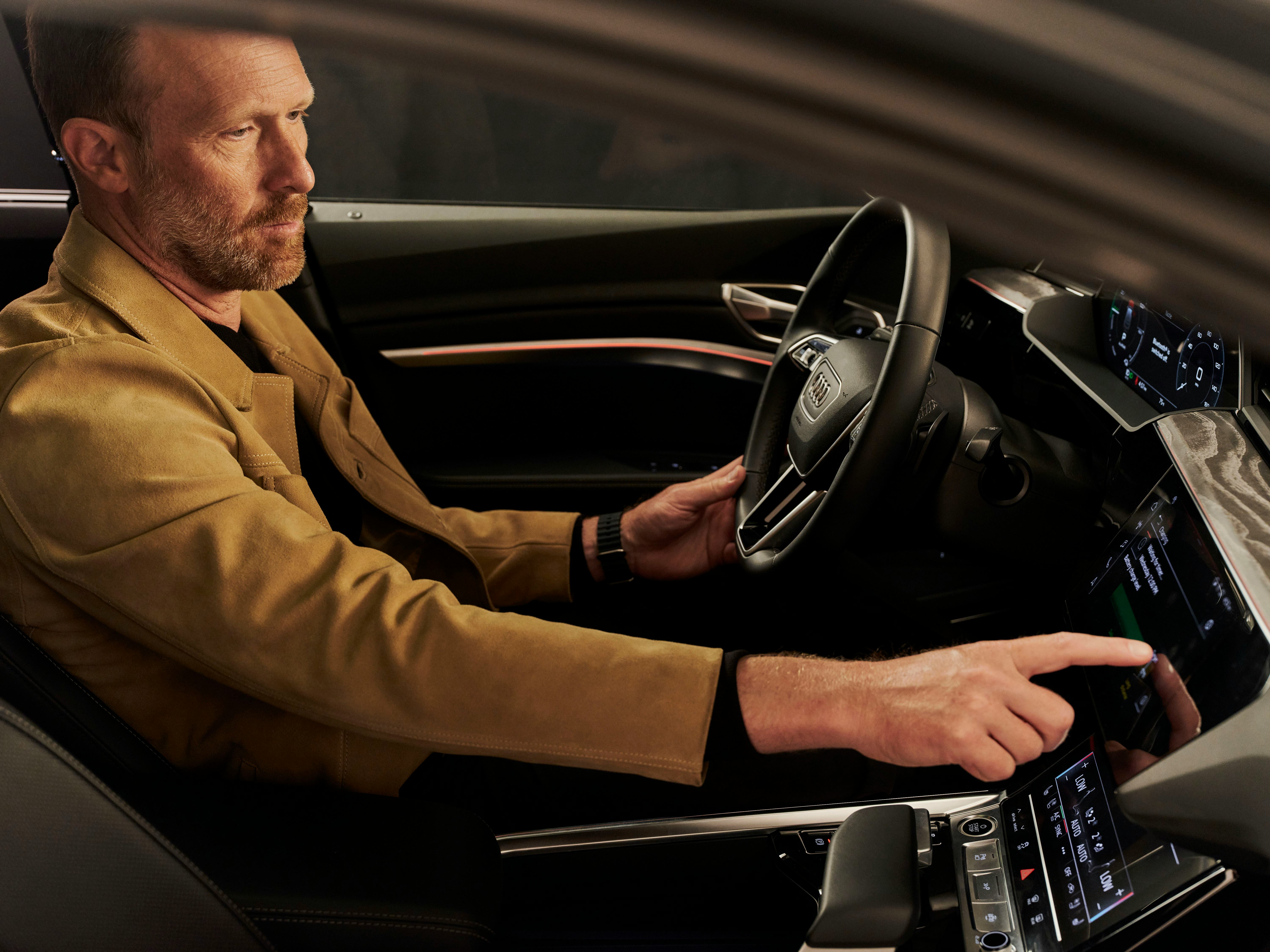
On why he and Audi are a good match:
Reeder: “Both Audi and I wanted to address the root cause of climate change and have it be central to the company’s core values. Audi, one of the first companies to make an explicit public commitment to the Paris Climate Agreement, had very ambitious goals: 30% of the portfolio would be electric by 2025. The company felt like it was in the right position in the market and its tagline, Vorsprung durch Technik, [which means] progress through technology, was aptly suited to the new vision. Audi seemed to me to be the perfect brand to bring electric vehicle technology to the forefront and to show the broader public what was possible. That matched what I wanted to accomplish personally.”
On the opportunity premium automakers have to make a positive difference:
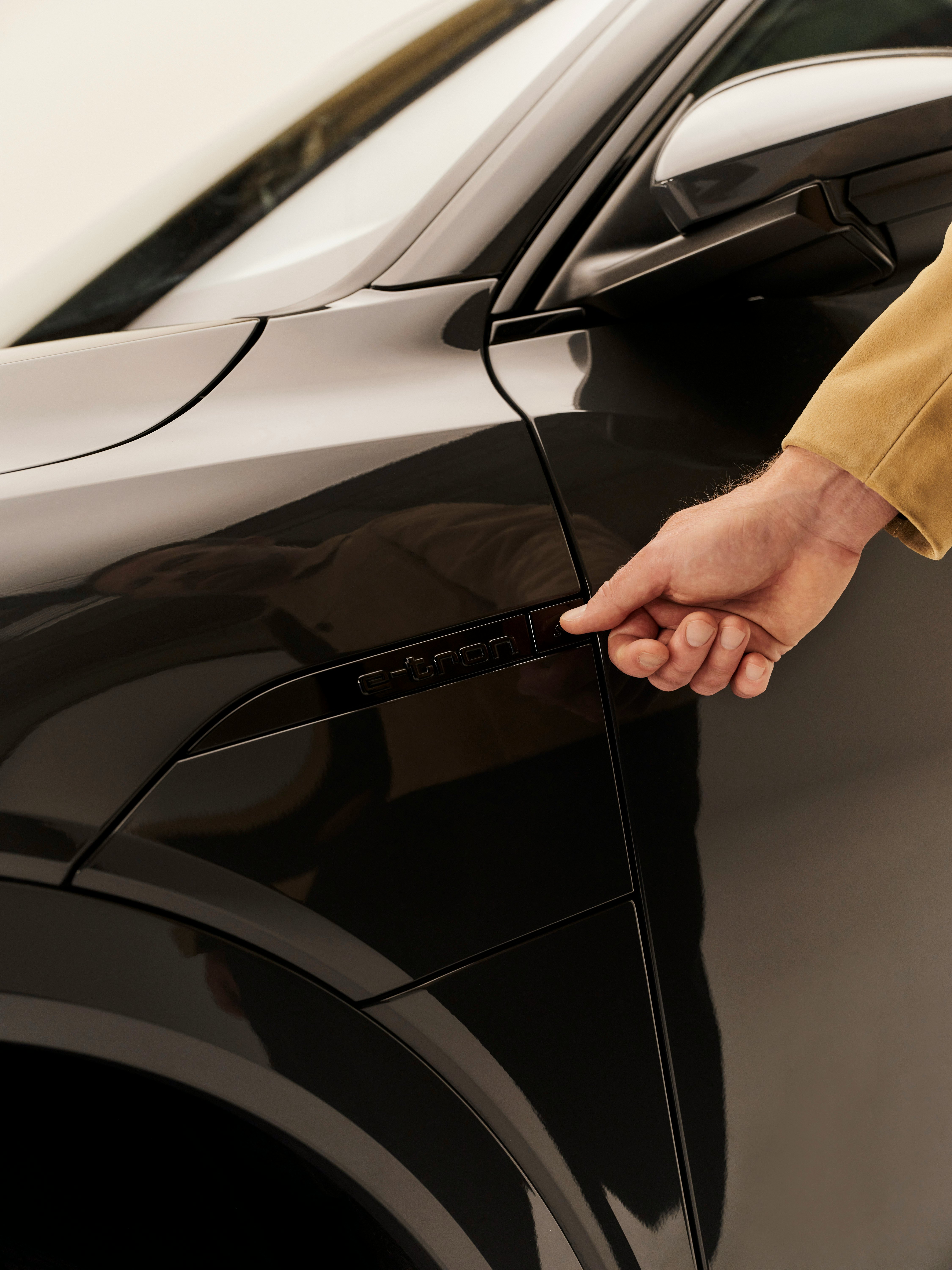

Reeder: “Integrating sustainability into one’s life deeply oftentimes requires focus and careful consideration… and resources. Audi is able to integrate this approach into how we design and build our EVs in a way that is entirely consistent with our heritage and at a price point that is cost competitive with our comparable internal combustion engine vehicles. This is vital to accelerating our transition. To address climate change more systemically, we need structural shifts in our economy to drive down emissions. This is why policy is so important and why Audi works in close partnership with governments who are determined to confront this global crisis.”
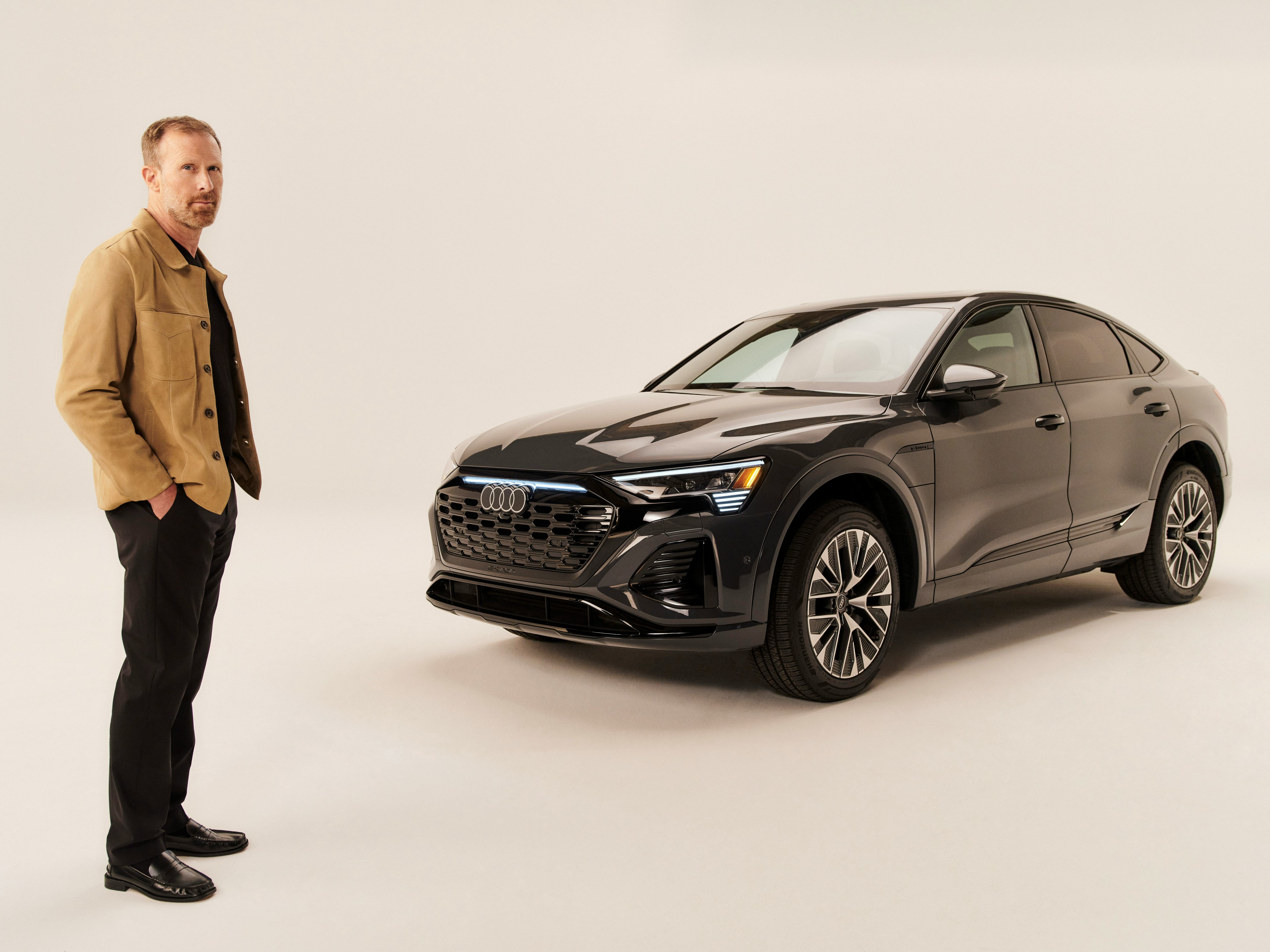
On Audi’s upcoming major milestone:
Reeder: “We're less than two years away from the launch of our last new internal combustion engine vehicle, which is a startling and significant transformation for an automotive company that's over 100 years old. Audi has a storied history of innovating in the combustion space, and now we’re continuing that innovation in the electric vehicle space. The nuance here is we’ll continue to produce much of the existing ICE model lineup into the early 2030s, but the fact that Audi’s last new combustion powered vehicles will launch in early 2026 — and everything after that will be plug-in electric — is the single most important reference point and proof point that we have as a company. As someone who cares deeply about the environment, it’s remarkable.”
Photographer: Clement Pascal; Creative Director: Diana Weisman/BDG; Styling: Beverly Nguyen; Grooming: Tiffany Patton; Production Manager: Kelsey Dimitruk/BDG; Editor: Kristen Mae/BDG; Editorial Direction: Lexi Novak/BDG







